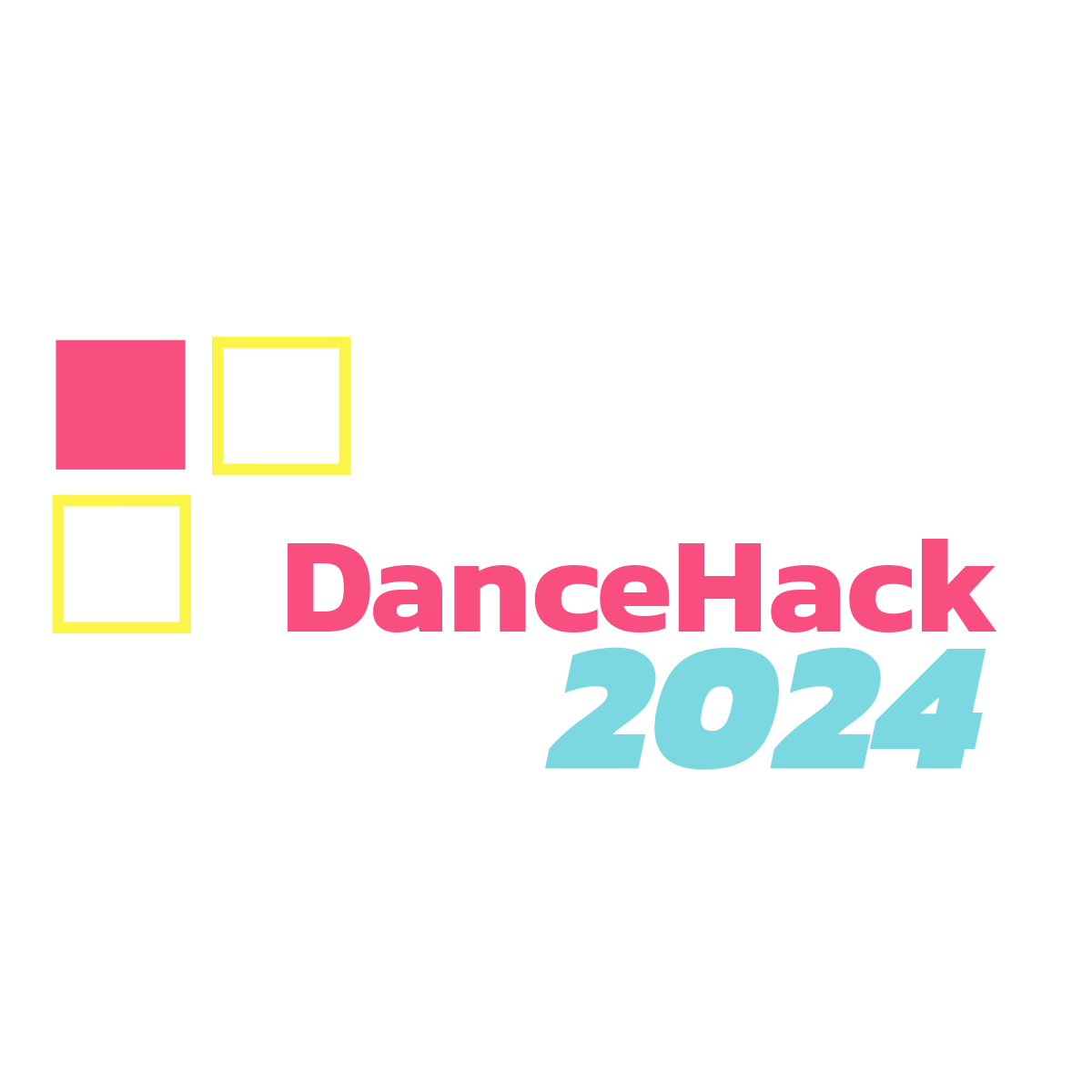Biophysical Expression, Affect & Movement
(BEAM) investigates cutting edge research trends and technology platforms that monitor and augment human function with applications that span the performing arts, creative industries, and the health sectors. The workshop offers hands-on activities using advanced sensor technologies for physiological data for real-time performance with computation, including machine learning.
Topics covered include: movement theory, human computer interfaces, performance design, affective state reflection.
We employ critical computing, somatics, AI and ethics as they relate to human movement, prosthetics, and technology research generally. We will have a strong focus on somatic practices and practice-based methods in embodied interaction. The workshop also introduces participants to “The Source” by BioMECI , a cutting edge technology platform using advanced sensor technologies for physiological data, applied to real-time performance and augmented human capabilities with computation, including machine learning.
Grisha Coleman is a time-based artist working in areas of choreography and performance, experiential technology, and sound composition. Her practice and research explore relationships across physiological, technological, and ecological systems; human movement, our machines, and the places we inhabit. She holds the position of Professor of Movement, Computation, and Digital Media in the in the College of Arts and Design and Theater at Northeastern University, and continues affiliations with the School of Arts, Media, and Engineering, the School for the Future of Innovation in Society, and the Center for Race and Democracy at Arizona State University.
Alan Macy (alanmacy.com), founder of the Santa Barbara Center of Art, Science and Technology (sbcast.org) and R&D Director, and cofounder of Biopac Systems (biopac.com)
Mark-David Hosale, a computational artist and composer, he is an Associate Professor and Chair of Computational Arts in the School of the Arts, Media, Performance, and Design, at York University, Toronto - to further develop and present the research we began both in Copenhagen and Utrecht (Movement and Computing conference’24) this summer. The course was organized originally by researchers from the RELATE Research Laboratory for Art and Technology and the Augmented Performance Lab and Manufakturet labs at Allbourg University.


